Protecting Little Ones: Why Infant Immunization Matters
Each year, National Infant Immunization Week (NIIW) reminds us of something simple but powerful: vaccines help protect our babies from serious diseases.
As parents and caregivers, we all want what’s best for our children. That means making sure they grow up safe, healthy, and strong. One of the best ways to do that is by staying up to date with their immunizations—starting from birth.
What Is National Infant Immunization Week?
NIIW is held every spring to highlight the importance of vaccinating infants and young children. It’s a time to spread awareness and encourage families to check in with their child’s doctor about recommended vaccines.
Since vaccines became widely used, many deadly diseases like polio, measles, and whooping cough have been reduced or even eliminated in many parts of the world. But these diseases can still come back if not enough people are protected.
Why Infant Immunizations Are So Important
- Babies are more at risk: Their immune systems are still developing, so they’re more likely to get seriously sick from diseases like the flu or pneumonia.
- Vaccines are safe and tested: All vaccines go through years of research and testing before doctors can give them to children. The benefits far outweigh the risks.
- Protection starts early: Some vaccines begin at birth, while others happen during the first two years. Keeping up with the schedule is key.
What Can Parents and Caregivers Do?
- Talk to your child’s doctor: Ask about the recommended vaccine schedule and make sure your baby is on track.
- Keep records: Stay organized by keeping a copy of your child’s vaccination records.
- Speak up: If you have questions or concerns, don’t be afraid to ask. Your child’s doctor can help explain what each vaccine does and why it’s important.
The Bottom Line
Vaccines protect not just your child, but also other children, family members, and even the community. During National Infant Immunization Week, let’s remember how powerful prevention can be—and take steps to give our children the best start in life.
To learn more, visit CDC.gov/vaccines.
– Monica Lozano, Family Services Coordinator




